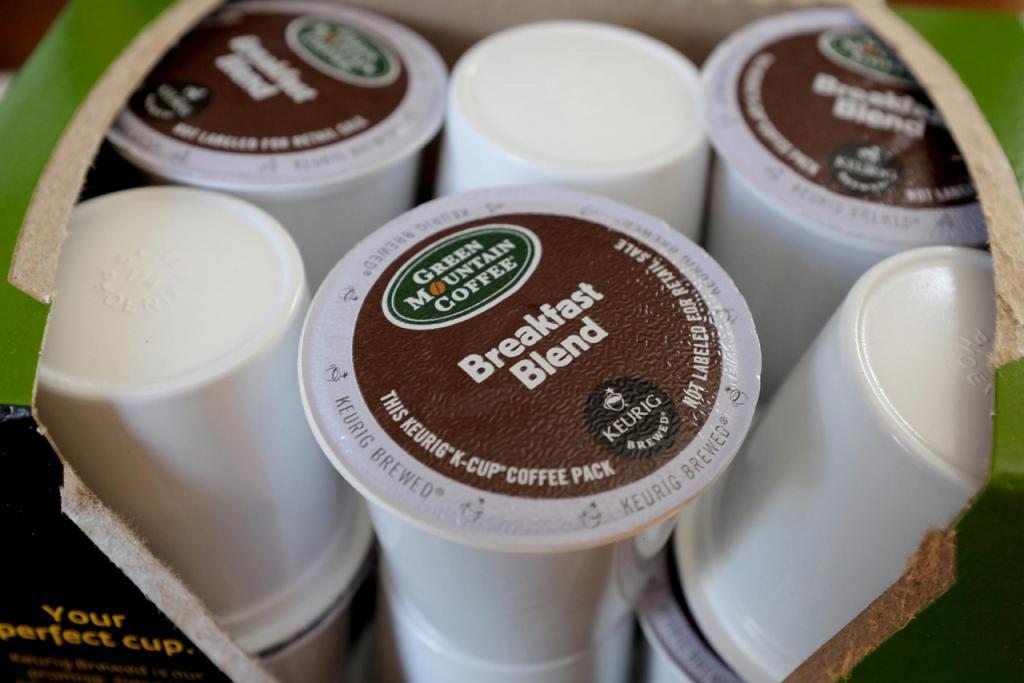Germany’s second largest city just says ‘nein’ to coffee pods
Coffee pods
First comes knowing that Keurigs and other single-use coffee makers are wasteful. Then comes refusing to buy one even though they are extremely convenient and allow for more variety than your average drip coffee maker.
Finally comes not having access to one at work. That's about where Hamburg is.
Last month, Germany's second largest city launched a new green initiative that includes a ban on single-use coffee makers in government buildings.
Hamburg officials said the ban was based on the fact that coffee pods "cause unnecessary resource consumption and waste generation." They are hard to recycle given that they are made of a combination of plastic and aluminum, and moreover:
"It’s 3 grams of coffee in 6 grams of packaging. We in Hamburg thought that these shouldn’t be bought with taxpayers’ money," Jan Dube, spokesman of the Hamburg Department of the Environment and Energy, told media.
To be fair, the ban includes bottled water, beer, plastic plates and cutlery, among other items. But more than any of those other items, the ban has highlighted once again the fact that single-use coffee makers are bad for our planet — which, granted, is something we have known for quite some time.
The Atlantic reported last year that if you lined up all the used Keurig pods sold in 2014, they would encircle the globe nearly a dozen times.
More from GlobalPost: 8 ways you are killing the environment that you probably didn't even realize
That's bad. Even Keurig inventor John Sylvan said as much when he essentially apologized for inventing the contraption in the first place.
“I don’t have one," Sylvan said of the Keurig. "They're kind of expensive to use. Plus it's not like drip coffee is tough to make.”
Despite these overt and glaring negatives, the market for single-use coffee makers has been growing. Since 2011, it has tripled in Western Europe and the US, where coffee pods make up about a third of all coffee sold.
According to Quartz, pod-machine sales outpaced drip-coffee makers in Western Europe for the first time in 2013.
Hamburg may be the first city to take matters into its own hands, but it likely won't be the last.
This story originally appeared on GlobalPost.
Update: Due to a transcription error an earlier version of this story incorrectly quoted Jan Dube on the ratio of coffee to packaging as 6:3, not 3:6. This story has been updated to reflect that correction.
Every day, reporters and producers at The World are hard at work bringing you human-centered news from across the globe. But we can’t do it without you. We need your support to ensure we can continue this work for another year.
Make a gift today, and you’ll help us unlock a matching gift of $67,000!
